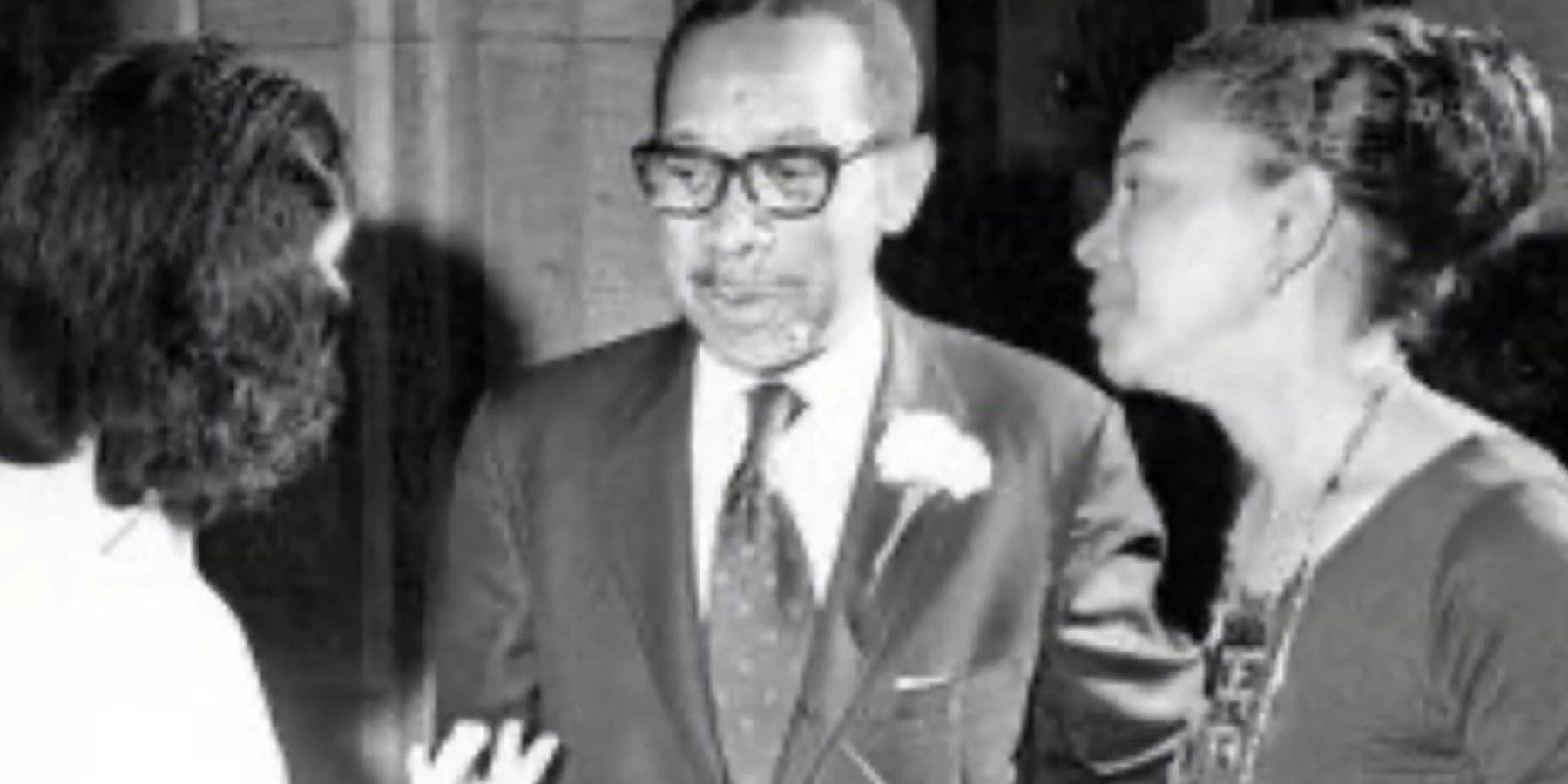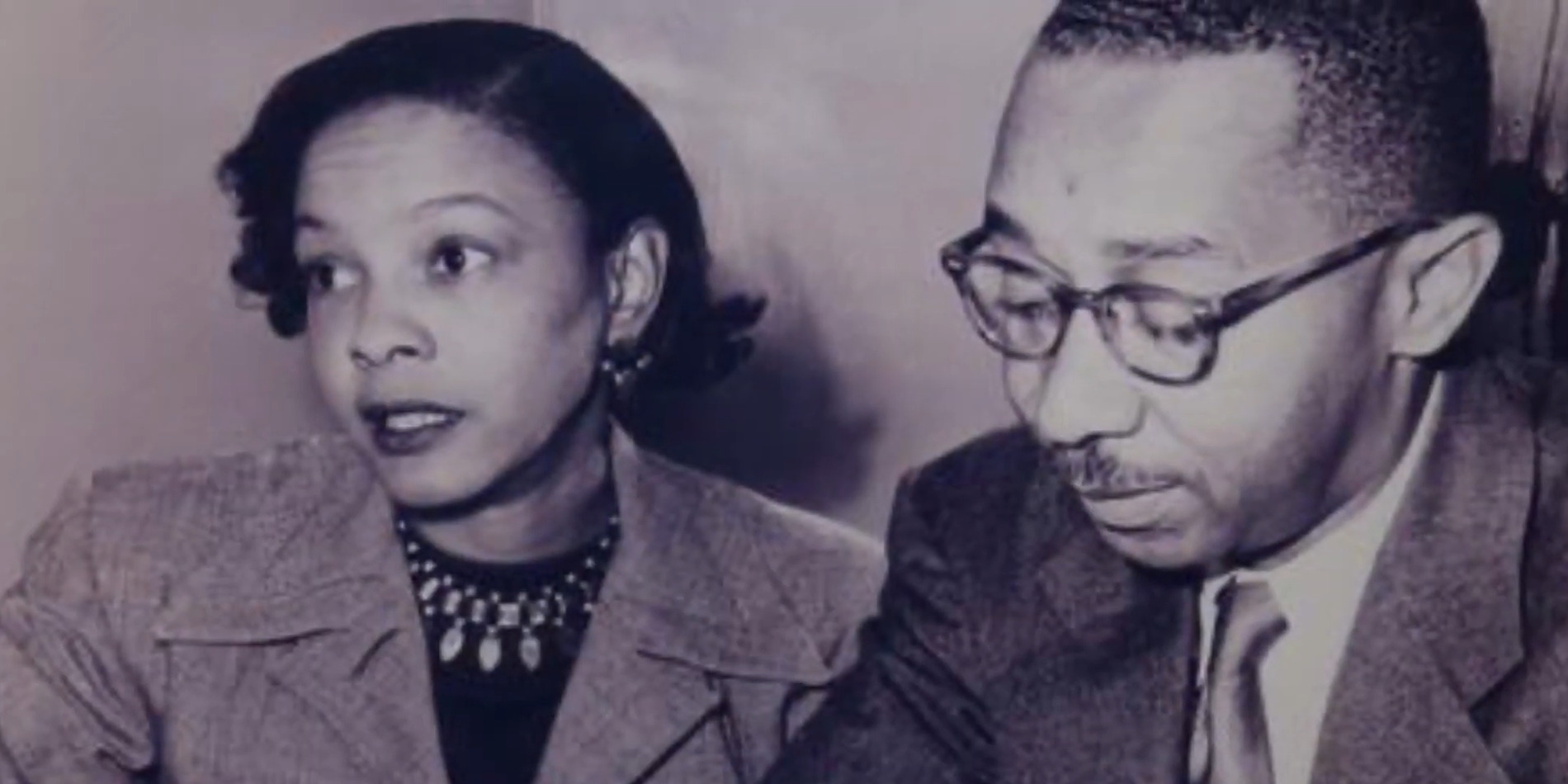The Clark Doll Test is almost guaranteed to float into conversation when delving into the topic of representation, especially African-American representation, through children’s toys. The same remains the case in Lagueria Davis’ film ‘Black Barbie: A Documentary,’ which explores the history of diversity within Mattel’s Barbie Doll toy line and examines its lasting and persisting influence over culture. Therefore, Drs. Mamie and Kenneth Clark’s historical test remains a touchstone in the documentary’s establishment of the timeline, signifying moments in the history of Black Dolls. Naturally, the introduction of this social science research may attract the audience’s attention, compelling them to wonder further about it.
The Clark Doll Test Showcased Segregation’s Perpetuation of Racial Bias
Drs. Mamie and Kenneth Clark were notable psychologists of their time, each sporting their own sets of impressive achievements. While the former was the first Black woman to graduate with a PhD in psychology from Columbia, her husband was the first African-American to do so. Furthermore, he was also a pioneering Black man, holding a permanent professorship at the City College of New York and serving as president of the American Psychological Association, among other achievements. In 1940, the Julius Rosenwald Fellowship program awarded funding to the pair to carry out their study of racial identity in children.

As such, The Clarks went ahead with The Doll Test, created to demonstrate the negative effects of race, color, and status on children’s self-esteem. While the test ended up gaining future notoriety for its influence over other fields, at the time of inception, it was solely created for one purpose. In a PBS documentary ‘Eyes on the Prize,’ Kenneth Clark affirmed the same and said, “The Dolls Test was an attempt on the part of my wife and me to study the development of the sense of self-esteem in children.”
The Clark Doll Test was conducted among 253 black children, whose ages ranged from three to seven years. From this pool, 134 of the children were Arkansas students who attended segregated nursery schools. The other 119 were students at Massachusetts’ integrated schools. In the test, four dolls were shown to the kids, who were asked to identify the toys’ race and then questioned about their preferences for the toys. Two of these dolls were white-skinned with blonde hair, and two had brown skin and black hair.
The test resulted in the kids expressing a preference for the white dolls, to whom they assigned positive traits. Comparatively, the kids attached negative traits to Black dolls, rejecting them. Thus, the results showcased the effects of segregation, which compels young kids to develop a racial identity from a young age and attach negative connotations to it.
The Clark Doll Test Played a Role in the Desegregation of Schools
In 1954, the landmark Brown vs. Board of Education case was unfolding, challenging the racial segregation at American public schools. Testimonies and research of social scientists remained a significant part of the Brown team during the case, leading to the attachment of the Clarks and their test. Since the test demonstrated the negative effects of segregation on kids as young as three years of age, the test proved to be instrumental in Kenneth’s statement supporting the integration of races at public schools.

As the Supreme Court came to its decision to desegregate schools, it acknowledged Clark’s statement and, thereby, the Clark Doll Test. Thus, the test retained relevance to the case and others like it. Years later, York University’s Psychologist Alexandra Rutherford described the test and said, “[It] was quite influential as part of the integrationist case in the Brown v Board decision. It was also the first time social science research was used in a Supreme Court Case.” Consequently, The Clark Doll Test, revolving around scrutinizing the effects of segregation, remains a highly influential psychological/social science research of its time. The test’s influence over culture and impact on the country’s laws establishes its’ historical significance.
Read More: Kitty Black Perkins: Where is the First Black Designer of Mattel Now?


You must be logged in to post a comment.